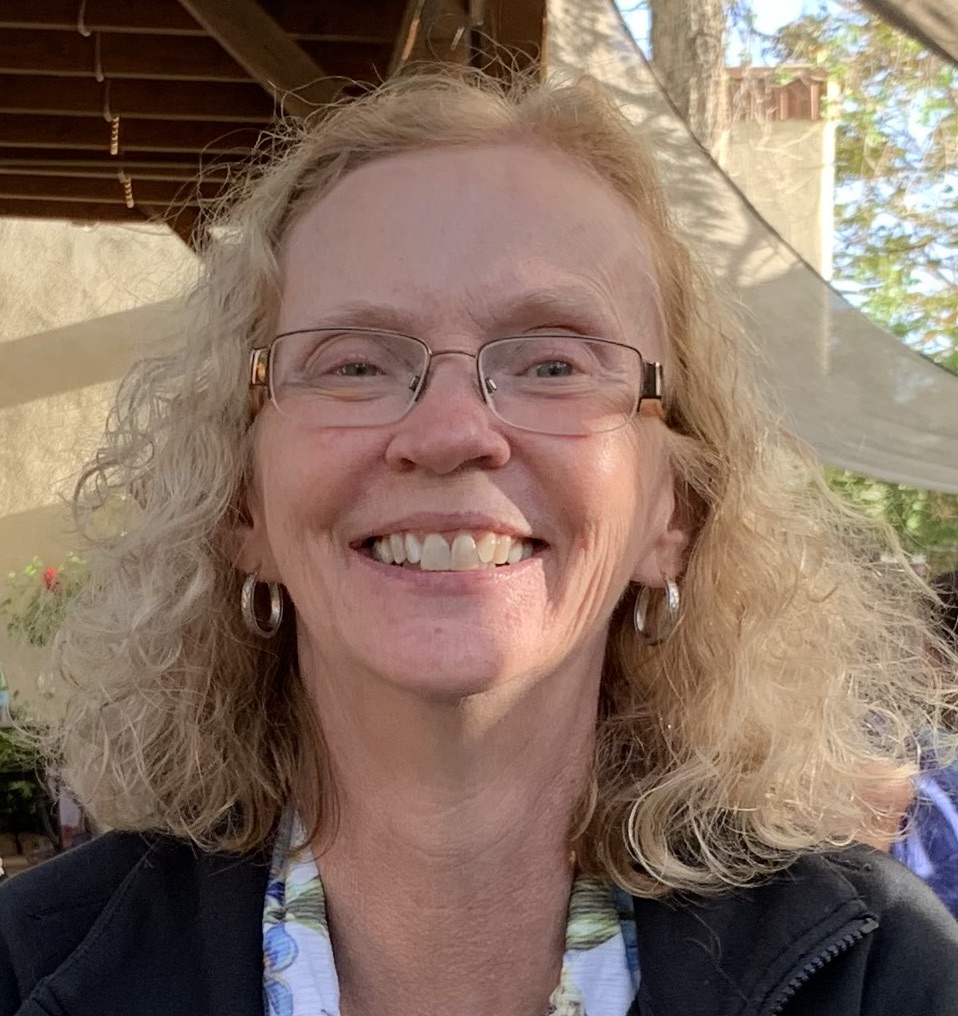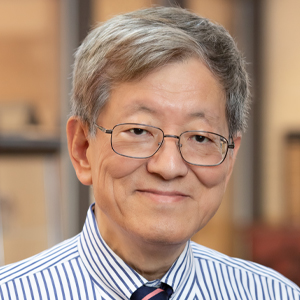
Enzymes: Still cool after all these years
The first enzyme was discovered in 1833, almost 200 years ago and long before the nature of proteins was appreciated. The field of enzymology came into its own in the 20th century. Technological advances in the hands of creative enzymologists led to an ever-growing understanding of how enzymes achieve enormous rate accelerations as well as the structural basis for substrate specificity and allosteric regulation.
Submit an abstract
Abstract submission begins Sept. 14. If you submit by Oct. 12, you'll get a decision by Nov. 1. The regular submission deadline is Nov. 30. See the categories.
Enzymologists continue to break new ground as we enter the 21st century. Our session at Discover BMB will feature new work on enzyme functions, mechanisms and applications.
Our first group of speakers will focus on enzymes that deal with problems caused by misbehaving metabolites. They will describe how enzymes can protect unstable intermediates and repair damaged metabolites. Our second group will explore the potential of using enzymes for biodegradation and green biosynthesis of chemicals currently produced from petrochemicals. Our final group will focus on enzymes that catalyze novel reactions, pushing the boundaries of chemistry accessible through biocatalysts.
Keywords: Substrate channeling, metabolite repair, biodegradation, green chemistry, natural product biosynthesis, radical chemistry.
Who should attend: Anyone who appreciates the awesome power of enzyme catalysis.
Theme song: “Still Crazy After All These Years” by Paul Simon, because enzymes are crazy-efficient catalysts
This session is powered by the ribosome, which produces the enzymes that make life possible.
Cool and novel enzymes
Enzymatic control of problematic intermediates
Chair: Hung-Wen (Ben) Liu

Shelley D. Copley, University of Colorado Boulder
Tom Niehaus, University of Minnesota, Twin Cities
Shelley Minteer, University of Utah
Carole Linster, University of Luxembourg
Enzymes for a sustainable future
Chair: Shelley D. Copley
Gregg Beckham, National Renewable Energy Laboratory
Larry Wackett, University of Minnesota
Michelle Chang, University of California, Berkeley
Raquel Lieberman, Georgia Institute of Technology
New and unusual enzymatic transformations
Chair: Michelle Chang
Hung-wen (Ben) Liu, University of Texas at Austin
Aimin Liu, University of Texas at San Antonio
Sara O'Connor, Max Planck Institute for Chemical Ecology
Wenjun Zhang, University of California, Berkeley
Enjoy reading ASBMB Today?
Become a member to receive the print edition four times a year and the digital edition monthly.
Learn moreGet the latest from ASBMB Today
Enter your email address, and we’ll send you a weekly email with recent articles, interviews and more.
Latest in Science
Science highlights or most popular articles

The data that did not fit
Brent Stockwell’s perseverance and work on the small molecule erastin led to the identification of ferroptosis, a regulated form of cell death with implications for cancer, neurodegeneration and infection.

Building a career in nutrition across continents
Driven by past women in science, Kazi Sarjana Safain left Bangladesh and pursued a scientific career in the U.S.

Avoiding common figure errors in manuscript submissions
The three figure issues most often flagged during JBC’s data integrity review are background signal errors, image reuse and undeclared splicing errors. Learn how to avoid these and prevent mistakes that could impede publication.

Ragweed compound thwarts aggressive bladder and breast cancers
Scientists from the University of Michigan reveal the mechanism of action of ambrosin, a compound from ragweed, selectively attacks advanced bladder and breast cancer cells in cell-based models, highlighting its potential to treat advanced tumors.

Lipid-lowering therapies could help treat IBD
Genetic evidence shows that drugs that reduce cholesterol or triglyceride levels can either raise or lower inflammatory bowel disease risk by altering gut microbes and immune signaling.

Key regulator of cholesterol protects against Alzheimer’s disease
A new study identifies oxysterol-binding protein-related protein 6 as a central controller of brain cholesterol balance, with protective effects against Alzheimer’s-related neurodegeneration.


